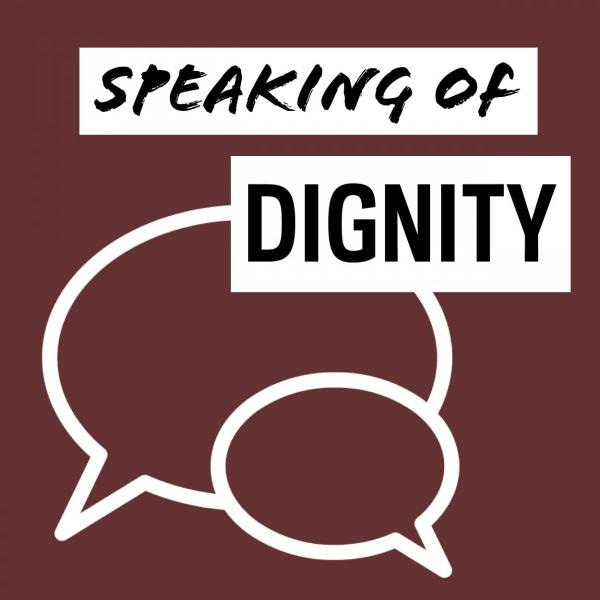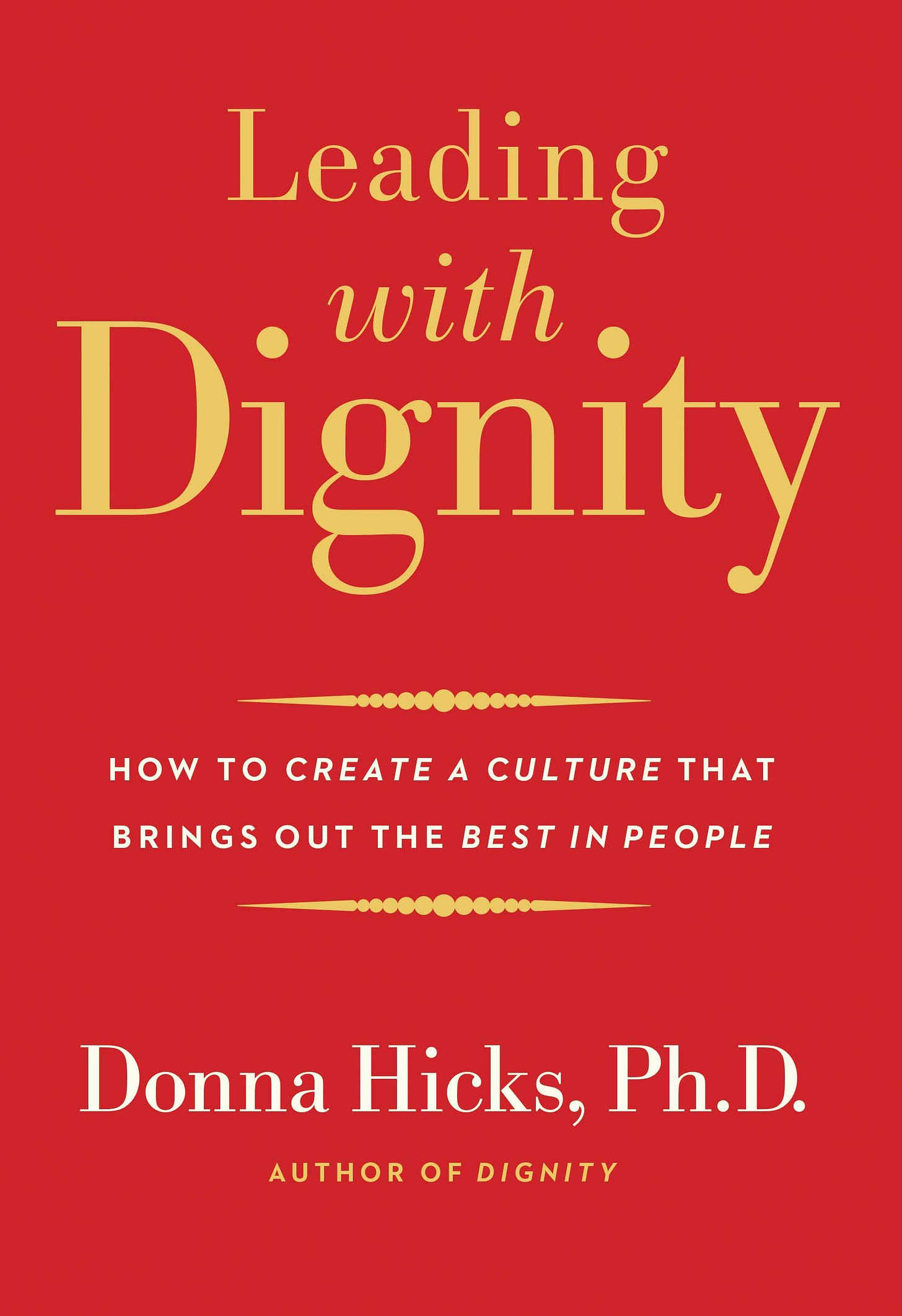
“No race can prosper till it learns that there is as much dignity in tilling a field as in writing a poem.”
— Booker T. Washington, 1895
This is an example of premium content for our Ampersand Guild that was previously locked. It’s now available to the public. You can join so you don’t miss out.
Who’s in charge of innovation in your company?
The strategy team? Product development? Perhaps an innovation group? All likely places.
What about the janitorial staff?
You might be thinking that those who perform menial tasks don’t have the ability to conceptualize multi-million dollar business changes.
If that’s what you thought, you’d be wrong.
A janitor making four dollars an hour once walked into a Fortune 500 company boardroom and took a seat opposite the CEO.
“So I had an idea...” he nervously began.
Years later, that idea would become an iconic consumer brand and make him worth about $20 million.
We discount his experience and qualifications because of his job title. While his tasks may be less mentally taxing than others, that doesn’t mean he has less creativity or a perspective that is insignificant.
To acknowledge his unique contribution is to acknowledge his dignity.
“Far and away the best prize that life offers is the chance to work hard at work worth doing.”
— Theodore Roosevelt, 1903
Hot Stuff
This is Richard Montañez’s story.
He is teaching a marketing class, telling them of the time he was a janitor at a Fortune 500 company. They wonder how someone without a Ph.D. is teaching the class.
“But I do have a Ph.D.,” he qualifies. “I’ve been poor, hungry, and determined.”1
Richard Montañez grew up in Cucamonga Valley, California, sharing a one-room cinderblock hut with 14 family members. He dreaded school. Barely able to speak English, he’d cry to his mother as she was getting him ready for class.
When asked, all other students in class would eagerly shout out their dream job: astronaut, doctor, racecar driver. Richard had nothing to say. “There was no dream where I came from.”
He dropped out of school in 4th grade and took odd jobs at farms and factories to help make ends meet.
Some years later in 1976, a neighbor let him know of a job opening for a factory janitor at the Frito-Lay plant down the road. The $4/hour pay was more than he had ever made.
As he was getting ready for his first day of work, his grandfather pulled him aside and said:
“Make sure that floor shines. And let them know that a Montañez did it.”
So, Richard made it his mission to be the best janitor Frito-Lay had ever seen.
He spent his free time learning about the company’s products, manufacturing, marketing, and more. He even asked salesmen if he could join them on their calls and watch them sell.
In the mid-1980s Frito-Lay started to struggle. The CEO announced a new initiative to all 300,000 employees: “Act like an owner.” It was his attempt to empower them to work more creatively and efficiently.
Montañez listened. Then, he called the CEO.2
“Mr. Enrico’s office. Who is this?”
“Richard Montañez, in California”
“You’re the vice president overseeing California?”
“No, I work at the Rancho Cucamonga plant.”
“Oh, so you’re the VP of plant operations?”
“No, I work inside the plant.”
“You’re the manager?”
“No. I’m the janitor.”
The CEO got on the line. Loving the initiative, he told Richard to prepare a presentation, and he set a meeting in two weeks’ time.
Stunned, Richard ran to the library and picked up a book on marketing strategies. Then, he started prepping. Two weeks later, he entered that boardroom.
After taking a moment to catch his breath, he started telling them what he’d learned about Frito-Lay and the idea he’d been working on.
According to Richard’s research, he couldn’t find a Frito-Lay product that catered to Latinos.
On the sales trips he shadowed, he saw that in Latino neighborhoods Lays, Fritos, Ruffles, and Cheetos were stocked right next to a shelf of Mexican spices. Frito-Lay had nothing spicy or hot.
The Latino market was ready to explode, Monteñez explained.
Inspired by elote—Mexican street corn covered in spices—Richard had created his own snack.
He pulled out 100 plastic baggies. He had taken Cheetos from the factory and coated them in his own mix of spices. He’d even sealed the bags with a clothing iron, and had hand-drawn a logo on each one.
The room went silent.
After a few moments, the CEO spoke, “Put that mop away. You’re coming with us”
Flamin’ Hot Cheetos became one of the most successful launches in Frito-Lay history. They went on to become a viral, pop-culture sensation.
Richard became a vice president and amassed a $20 million fortune.
“Let them know that a Montañez did it.”
“Every calling is great when greatly pursued.”
— Oliver Wendell Holmes, 1885
There’s dignity in every person, and their work, however trivial or back-breaking, is accompanied by that same level of dignity.
Your next great idea may come from an observation from outside of your usual circle.
This is why you should surround yourself with people who think differently, have different experience levels, and come from different backgrounds.
“I frequently imagined myself a great man, who was discovering new truths for the good of mankind, and I looked on all other mortals with a proud consciousness of my dignity.” — Leo Toylstoy, 1854
I.
“Overwhelmingly people will say, ‘You know, he looked me in the eye and shook my hand, and I’m a housekeeper.’ If you treat people like they deserve to be treated, as human beings with the same kind of dignity that you would treat senior people, it will flow through the organization.” Marriott CEO Arne Sorensen died last week. By all accounts, he was a well-respected leader — a leader who earned respect by giving respect. (Chief Executive)
II.
President Biden said of America’s place in the world: “America’s most cherished democratic values are defending freedom, championing opportunity, upholding universal rights, respecting the rule of law, and treating every person with dignity.” (The White House)
III.
It’s the little things that make employees feel appreciated. (Harvard Business Review)
“Labor is no disgrace.” — Hesiod, c. 700 BC
I.
In a study in 2014, thirty-nine per cent of Americans believed that poverty was due to a lack of effort on poor people’s part (Pew Research)
II.
As long as society subscribed to the notion that some individuals are fundamentally superior to others, people had a hard time feeling humiliated. The history of humiliation points to the future of human dignity. (Psyche)
III.
In March 1525, some fifty representatives of Swabian peasant groups met and drafted a series of economic and religious demands in accordance with the dignity they felt they were afforded. The Twelve Articles of Peasants. (Lapham’s Quarterly)
🎧 The coronavirus pandemic has only exacerbated the longstanding challenges confronting working people in the twenty-first century American economy. To listen to the voices of those workers whose labor we recognize as essential but who rarely get an opportunity to share in a public forum their experiences, expertise, and thoughts, the Center for Social Concerns at the University of Notre Dame is proud to announce a new podcast: Speaking of Dignity: Workers on the Front Lines and the Common Good.
📚 Leading with Dignity: How to Create a Culture That Brings Out the Best in People by Donna Hicks is a landmark book from an expert in dignity studies. It explores the essential but underrecognized role of dignity as part of good leadership. Most people know very little about dignity, and when leaders fail to respect the dignity of others, conflict and distrust ensue. Hicks highlights three components of leading with dignity: what one must know in order to honor dignity and avoid violating it; what one must do to lead with dignity; and how one can create a culture of dignity in any organization, whether corporate, religious, governmental, healthcare, or beyond.
Know someone who could use a boost of dignity? Please recommend this newsletter to them. Your word means everything.
There’s so much to learn,
“How a janitor at Frito-Lay invented Flamin' Hot Cheetos” (The Hustle)












